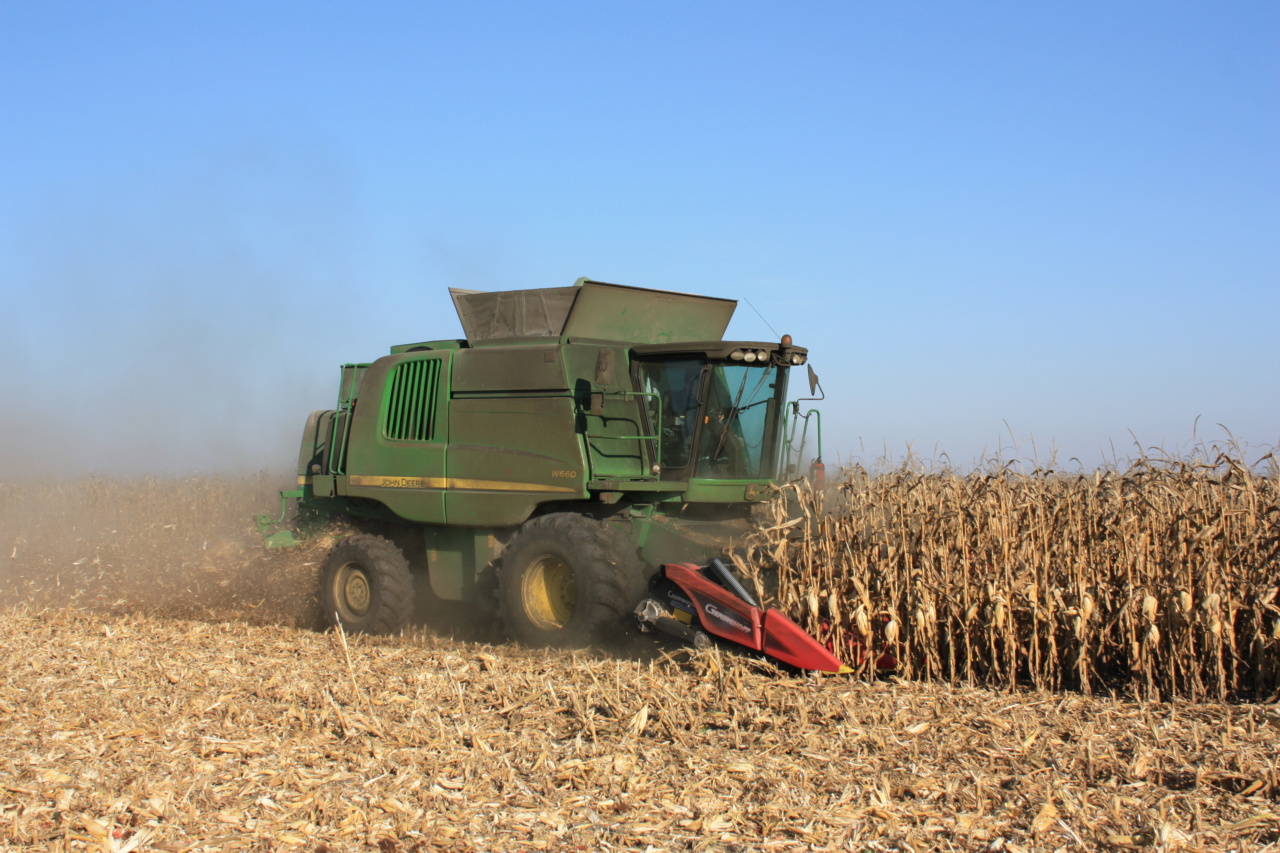Irritable Bowel Syndrome (IBS) is a common digestive disorder that affects the large intestine. Individuals with IBS often experience symptoms such as abdominal pain, bloating, gas, diarrhea, or constipation.
While the exact cause of IBS is unknown, certain foods and their combinations can trigger symptoms and worsen the condition.
1. High-Fat Foods with Spicy Ingredients
Combining high-fat foods with spicy ingredients can be a recipe for disaster for individuals with IBS. Fatty foods can slow down digestion, leading to increased bloating and discomfort.
Spicy ingredients, on the other hand, like chili peppers or hot sauce, can irritate the digestive tract and trigger symptoms such as diarrhea and abdominal pain.
2. Dairy Products with High-Fiber Foods
Dairy products and high-fiber foods, such as whole grains or legumes, can be problematic for individuals with IBS when consumed together.
Dairy products contain lactose, which can be difficult to digest for people with lactose intolerance, often found in individuals with IBS. Pairing dairy with high-fiber foods can worsen symptoms such as bloating, gas, and diarrhea.
3. Raw Vegetables with Beans
Raw vegetables can be challenging to digest for some individuals with IBS. When combined with beans, which are high in fiber, it can put excessive strain on the digestive system and worsen symptoms.
Cooking vegetables and opting for lower fiber beans like lentils or chickpeas can be a better choice for those with IBS.
4. Citrus Fruits with Carbonated Drinks
Citrus fruits, known for their acidity, can be problematic for individuals with IBS. When combined with carbonated drinks like soda or sparkling water, it can lead to increased gas and bloating.
The carbonation in these drinks can worsen existing digestive issues by causing further discomfort.
5. Alcohol with Spicy or Greasy Foods
Alcohol can irritate the digestive system and trigger symptoms in individuals with IBS. Combining alcohol with spicy or greasy foods can intensify these effects.
Spicy or greasy foods commonly found at social gatherings or fast-food restaurants can lead to increased bloating, gas, and overall discomfort when consumed with alcoholic beverages.
6. Large Meals or Overeating
Eating large meals or overeating can overwhelm the digestive system, especially for individuals with IBS. It is important to consume smaller, portions to avoid putting excessive strain on the gut.
Opting for frequent, smaller meals throughout the day can help manage symptoms and prevent discomfort.
7. Caffeine with Artificial Sweeteners
Caffeine, found in coffee, tea, or energy drinks, can stimulate the digestive system and worsen symptoms in individuals with IBS. Artificial sweeteners, often found in sugar-free drinks or snacks, can also trigger digestive issues.
Combining caffeine with artificial sweeteners can amplify these effects and lead to increased gastrointestinal distress.
8. High-Fat Foods with Carbonated Drinks
High-fat foods, such as fried or processed foods, can be difficult to digest for individuals with IBS. When consumed with carbonated drinks, it can lead to excessive gas and bloating.
Carbonated drinks can also contribute to acid reflux, adding to the discomfort caused by high-fat foods.
9. Fatty Meats with Refined Carbohydrates
Pairing fatty meats, like bacon or sausage, with refined carbohydrates, such as white bread or pasta, can trigger symptoms in individuals with IBS. Fatty meats are high in saturated fats, which can slow down digestion and lead to bloating.
Refined carbohydrates lack fiber and can exacerbate gastrointestinal issues when consumed with fatty meats.
10. High-Sugar Foods with Dairy
High-sugar foods, like cakes, cookies, or candies, can worsen symptoms in individuals with IBS when consumed with dairy products. Dairy already contains lactose, which can be difficult to digest for people with lactose intolerance.
Combining dairy with high-sugar foods can increase the likelihood of experiencing bloating, gas, and diarrhea.
It is essential for individuals with IBS to identify and avoid their personal triggers to manage symptoms effectively. While everyone’s sensitivities may vary, these food combinations are generally known to worsen IBS symptoms.
By making dietary adjustments and embracing a well-balanced, low-fat, and low-fiber diet, it is possible to reduce the impact of IBS on one’s daily life.




























